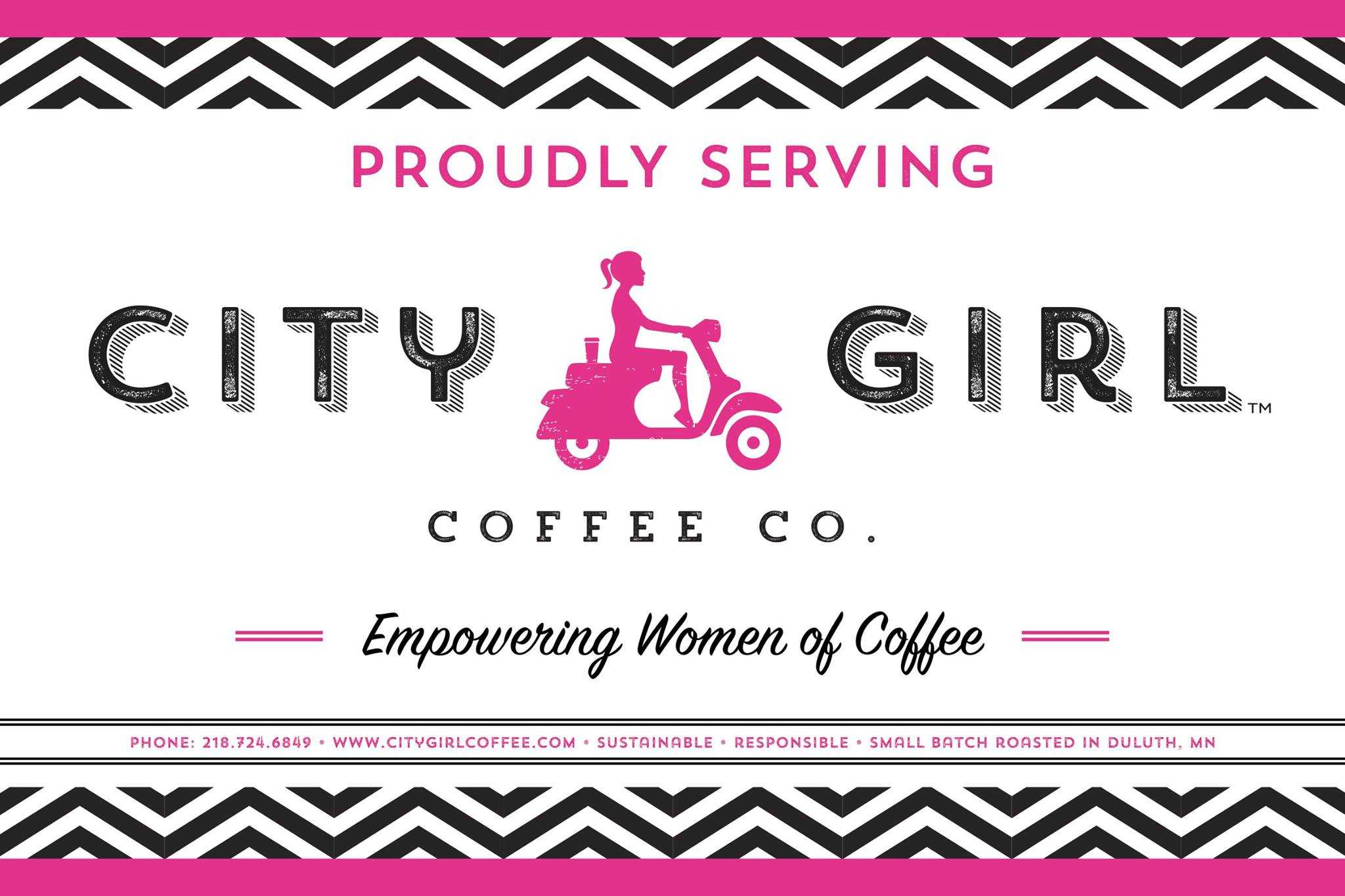Alyza Bohbot, owner of City Girl Coffee, a Minnesota roaster, is a leader in a movement that may be the next big trend in coffee culture: the woman-powered brew.
She procures beans grown by women farmers across Latin America and Sumatra and is looking for female suppliers in Africa. Hers is the only brand in the United States to source all beans from farms owned and operated by women.
She’s a leader in the International Women’s Coffee Alliance, a U.S.-based nonprofit with chapters in 22 countries that seeks to empower the women who do 70 percent of the work to produce an average cup of coffee, but who own or manage fewer than 15 percent of coffee farms.
City Girl Coffee donates 5 percent of profits to the alliance and a second nonprofit that works on this imbalance, Café Femenino Foundation.
“We’re trying to create a level playing field for these women to be successful, sustainable and profitable,” Bohbot said. She took over her parents’ coffee roastery in Duluth, Minnesota, and launched City Girl Coffee as a second line. (Her parents got into the business three decades ago after emigrating from Israel and discovering a decent cup of coffee was hard to find.)
She faced the challenge of making City Girl Coffee more than just another boutique roaster in a saturated market. The firm’s suppliers are expected to treat field workers well and provide them with leadership opportunities.
“That’s the first step. The second is making sure that the quality we are sourcing is as high as possible,” she said.
It’s a win-win for the farms, which report back to the alliance that by empowering women, they have increased both the output and quality of their beans.
City Girl Coffee sells beans in supermarkets across the U.S. Midwest. Bohbot has cultivated an extensive network of buyers around the world to connect her with women-led farms.
Each of the alliance’s 22 chapters offers women working in all sectors of the coffee industry a platform to seek better working conditions as well as make international connections, build their collective strength and hone their trading and business skills.
The alliance “gives us an identity, it gives us opportunity,” says Camila Topke, a farm owner and vice president of the Guatemala chapter.
While City Girl Coffee is alone in selling beans exclusively from farms run by women, it won’t be for long. Roasters from Chicago to Boulder, Colorado, are increasing the share of their stock that they source from women.
One of Bohbot’s suppliers, a women’s collective in Guatemala, has told her that since starting business with City Girl Coffee, it’s expanded into new ventures, including harvesting honey from bee hives.
Thanks to City Girl, “their success in coffee has led them to profitability in other areas,” Bohbot said with satisfaction.
Emily Louise Bowman


















